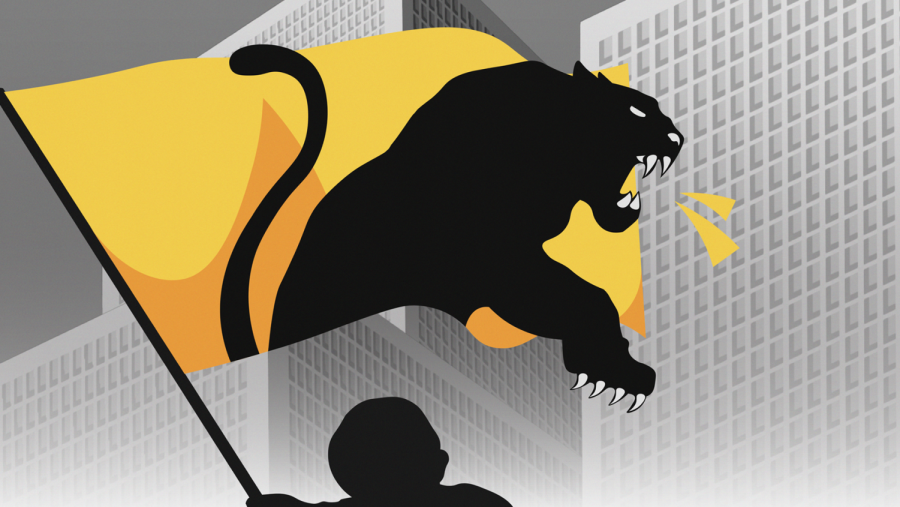On August 5, for the first time in the nation’s history, the credit rating has been reduced by Standard & Poor (S&P) from a very high AAA credit rating to one notch below, making the new credit rating a AA+.
This downgrade in the credit rating has caused a slight blow to U.S. economy and prestige as well as the world economy at large.
According to the Washington Post, representatives from S&P have stated that as a result of “political brinkmanship” in the debt debate, the ability for the United States government to handle their finances as become “less stable, less effective and less predictable.”
The representatives have also stated that the $2.1 trillion in cuts stated in the debt deal “fell short” of what they felt was necessary to get rid of the debt over time.
U.S. politicians have only proven their “political brinkmanship” as a result of their blame of each other.
Democrats have blamed Republicans for the downgrade, saying that their failure to increase tax revenue was the cause.
Republicans have blamed the Democrats and President Obama, saying that the Democrats failed to reform programs such as welfare, Social Security and Medicare while also blaming the President for letting the downgrade happen under his watch.
Regardless the economic effect is seen throughout the world. The U.S. stock market has seen a decline as a result.
On Monday, the first market day after the downgrade, the Dow went down 5.5 percent while the Nasdaq went down 6.9 percent and the S&P 500 went down 6.7 percent.
Other markets in the world saw their values go down on Monday as well. In Asia, the main stock index fell almost 4 percent in South Korea and more than 2 percent in Japan.
In Europe, stock fell too, with Germany down 5 percent and France 4.7 percent.
This has prompted outrage from some foreign countries.
A news magazine in Germany called the downgrade “a public humiliation.”
China, the largest holder of American debt, had a great deal to say about the downgrade. The state-run Xinhua news agengy said “China, the largest creditor of the world’s sole superpower, has every right now to demand the United States to address its structural debt problems and ensure the safety of China’s dollar assets.”
The news agency suggested that the U.S. must get rid of their “gigantic military expenditure and bloated social welfare costs” in order to curb the debt. The news agency also made the suggestion that “Mounting debts and ridiculous political wrestling in Washington have damaged America’s image abroad. To cure its addiction to debts, the United States has to re-establish the common sense principle that one should live within its means.”
However, there is still hope that the U.S. can still get back the AAA credit rating.
“It’s always possible the rating will come back, but we don’t think it’s coming back anytime soon,” said David Beers, head of S&P’s government debt rating unit.
John Chambers, the group’s managing director, was a bit more optimistic.
“If history is a guide, it could take a while. We’ve had five governments that lost their AAA that got it back. The amount of time that it took for those five range from nine years to 18 years,” he told ABC’s “This Week.”










